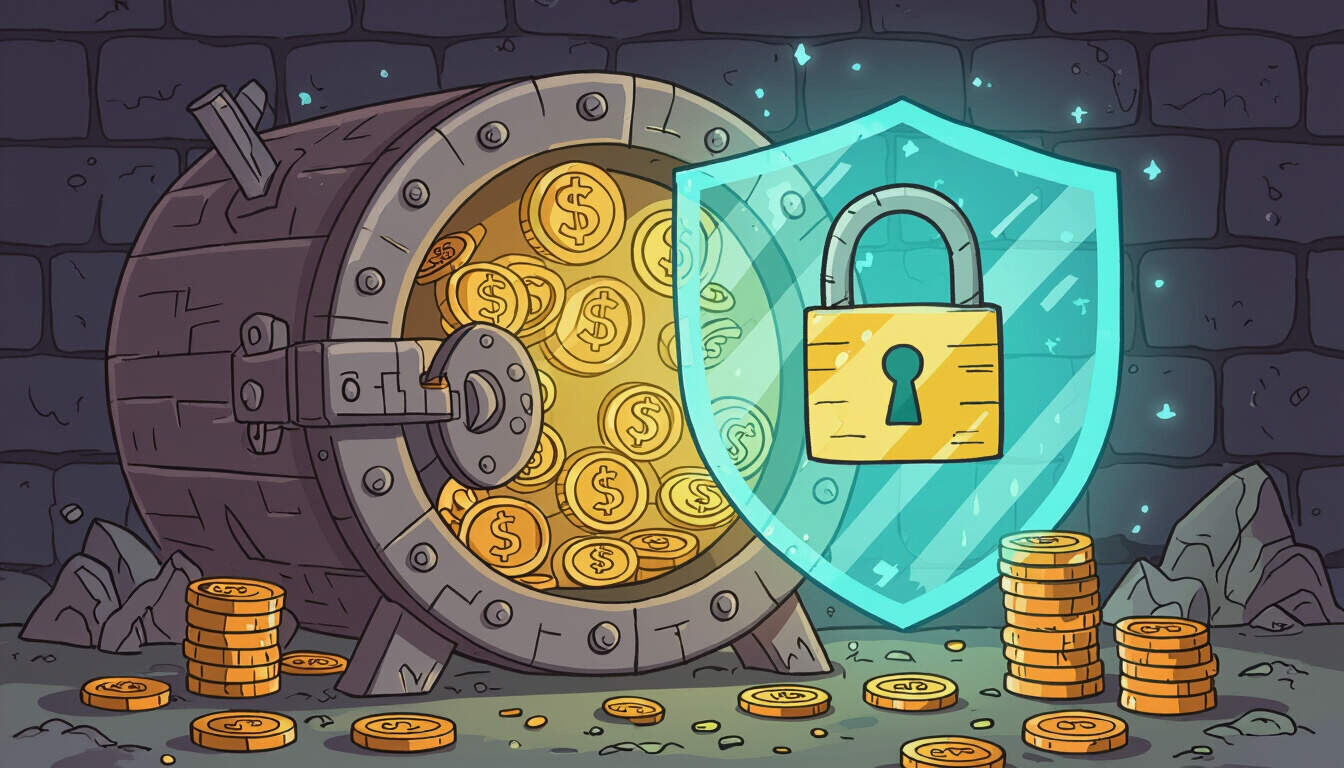Cybersecurity Threats in Fintech
 by Max Miller
by Max Miller
Fintech faces growing cybersecurity risks that can compromise financial data and systems. This article explores key threats like phishing and ransomware, their impact on digital finance, and ways to strengthen defenses for investors and professionals.

Fintech has transformed how people handle money through digital tools and platforms. Yet, this growth brings significant risks from cyber attacks that target sensitive information. For instance, phishing attacks trick users into revealing login details, often leading to unauthorized access in financial apps.
In the area of digital finance, attackers use various methods to exploit vulnerabilities. One common issue involves malware that spreads through infected devices, allowing criminals to steal transaction data. This threat affects not just individuals but also larger institutions relying on online systems.
Threats extend to blockchain technology, which underpins many fintech innovations. Hackers might target smart contracts with code flaws, resulting in fund losses. For example, a breach in a decentralized finance platform can lead to millions in stolen assets, highlighting the need for secure coding practices.
Types of Threats
Fintech encounters several specific dangers. Ransomware is a major concern, where attackers encrypt data and demand payment for its release. This can halt operations in banking apps, causing financial losses and eroding trust.
Another area involves insider threats, where employees or partners misuse access privileges. Such incidents can expose customer information, leading to identity theft and regulatory fines. Data breaches are particularly damaging, as they often involve large-scale leaks of personal details from fintech databases.
In emerging technologies, threats evolve with new tools. For example, artificial intelligence can be used by attackers to automate attacks, making them harder to detect. This means fintech companies must stay ahead by implementing strong monitoring systems.
Impact on Stakeholders
Investors and finance professionals feel the effects of these threats directly. A successful attack can erode confidence in digital platforms, leading to reduced investment and market volatility. For tech enthusiasts, understanding these risks is key to developing safer solutions.
The financial sector sees broader consequences, such as increased costs for recovery and compliance. Companies might need to invest in better security measures, which can impact profitability. Over time, repeated incidents could slow innovation in areas like mobile payments and cryptocurrency.
Strategies for Defense
To counter these threats, fintech firms can adopt proactive measures. Regular security updates help patch vulnerabilities before they are exploited. Training staff on recognizing suspicious activities is another step, reducing the chance of human error.
Encryption plays a vital role in protecting data during transmission and storage. By using advanced algorithms, companies can ensure that even if data is intercepted, it remains unreadable. Multi-factor authentication adds an extra layer, making it tougher for attackers to gain entry.
Collaboration with experts is beneficial. Fintech organizations can partner with cybersecurity firms to conduct audits and simulations. These exercises reveal weak points and allow for improvements without disrupting services.
Looking Forward
As fintech continues to grow, so do the challenges from cyber threats. By focusing on education and innovation, the industry can build more resilient systems. Professionals and investors should prioritize awareness, ensuring that security is integrated from the start of any project.
In summary, addressing cybersecurity in fintech requires a balanced approach. With ongoing efforts, the sector can minimize risks and support sustainable growth for all involved.
